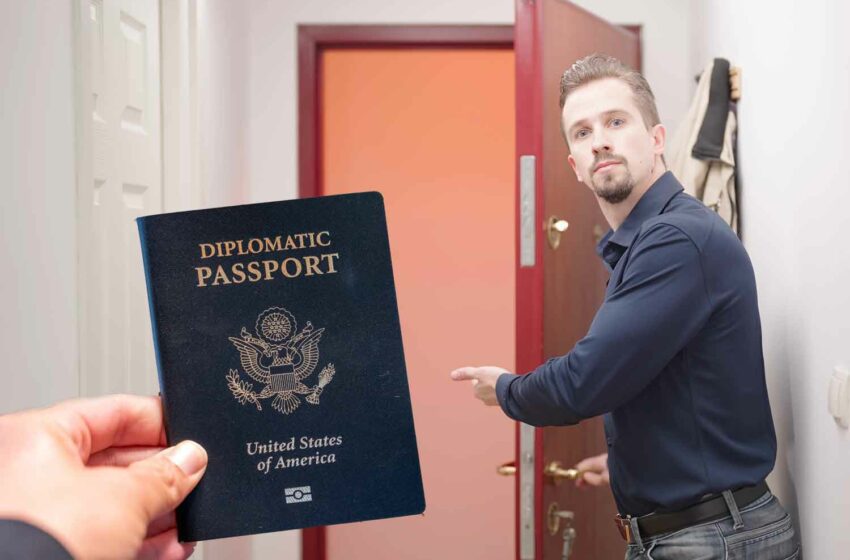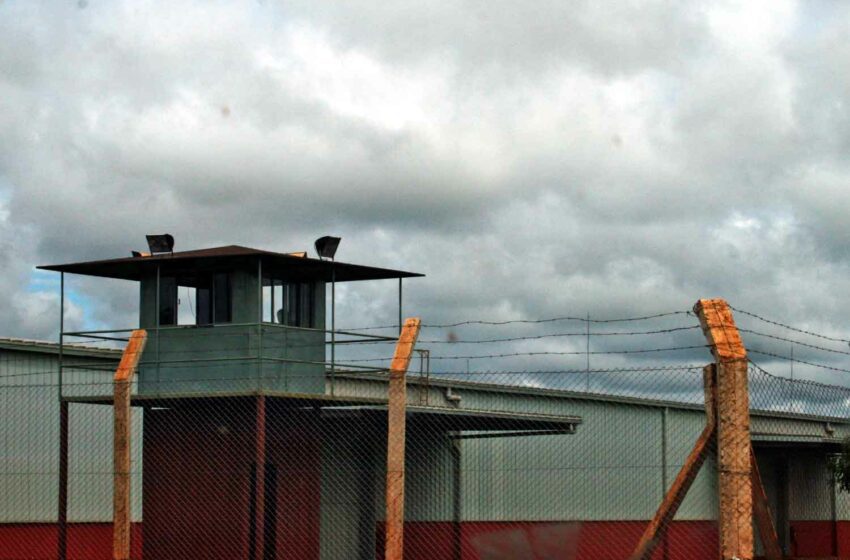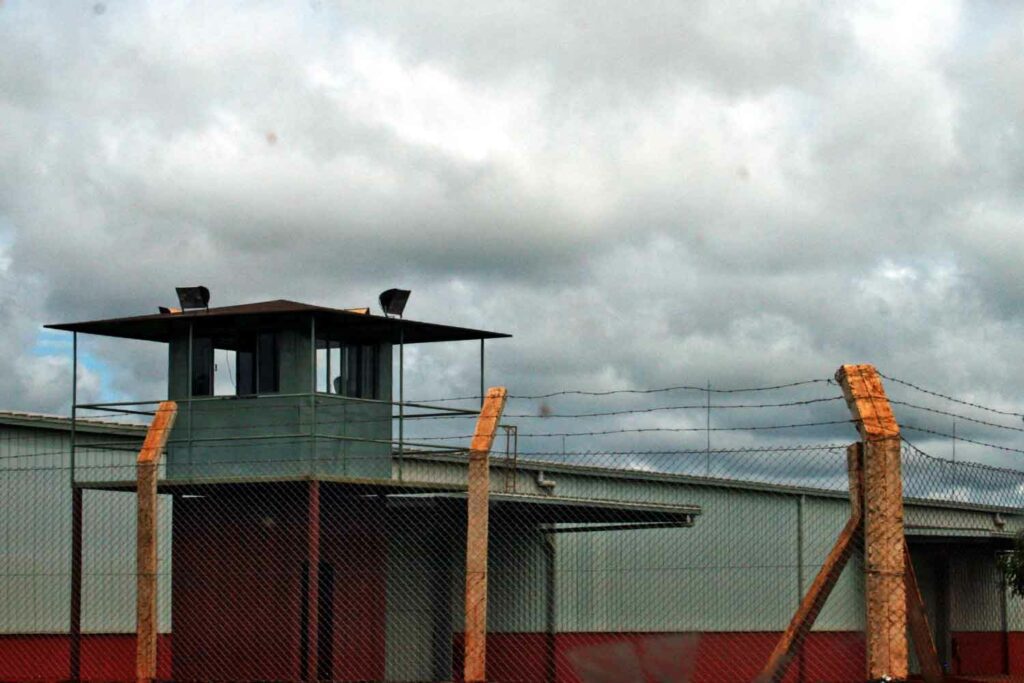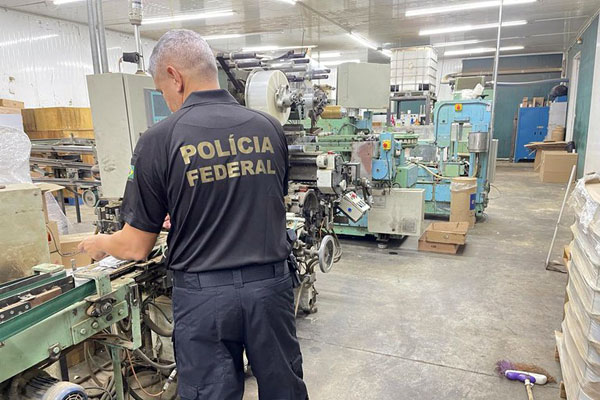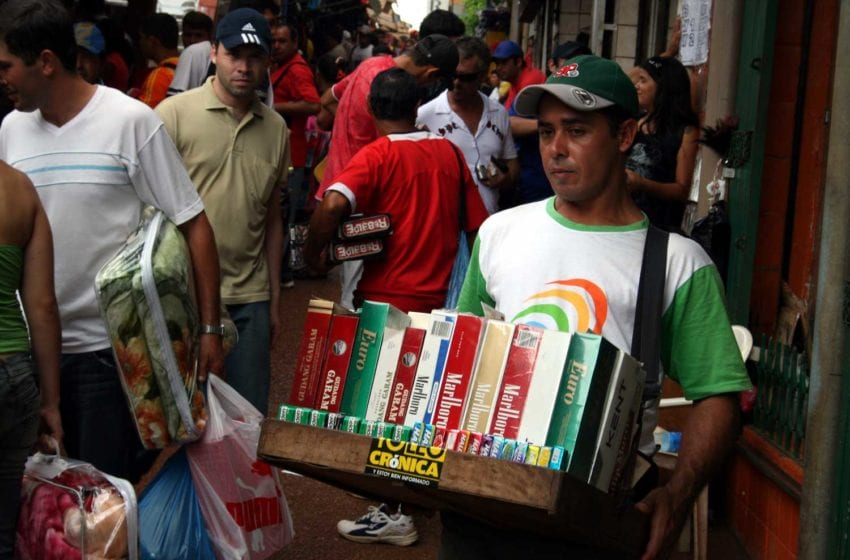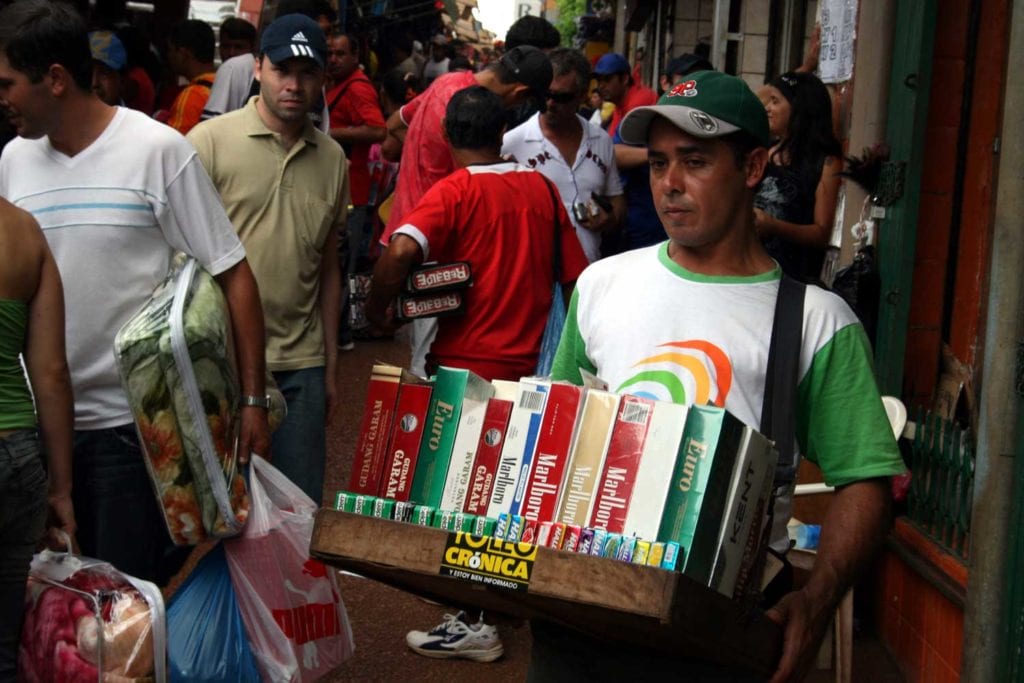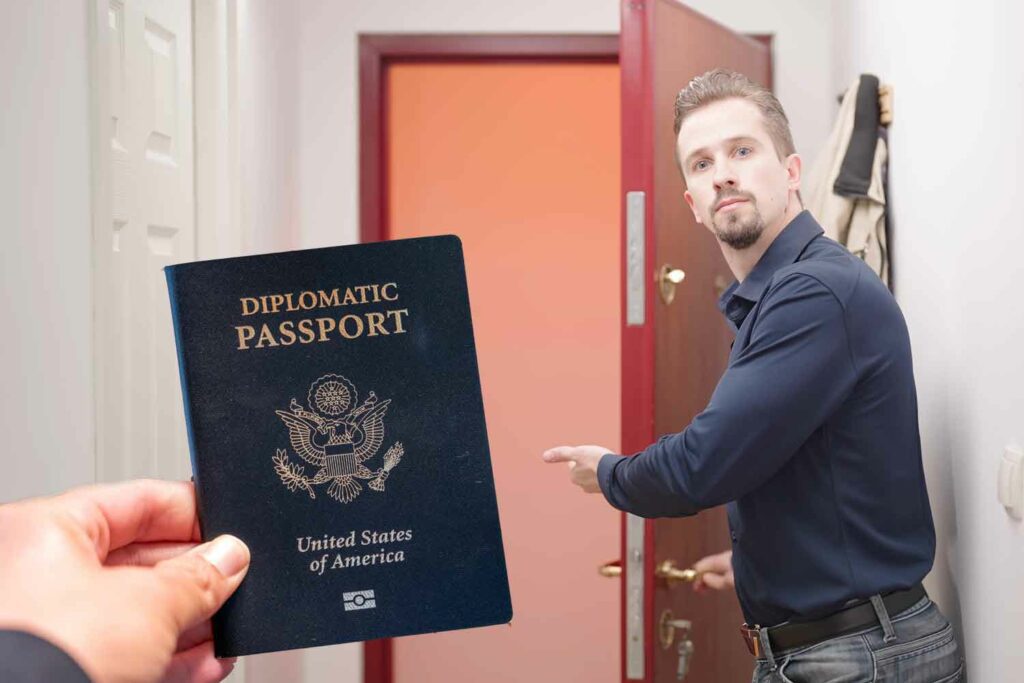
Paraguay has asked the U.S. to withdraw its ambassador following the Biden administration’s announcement of sanctions on Tabacalera del Este (Tabesa), a tobacco firm linked to the South American nation’s former president who has been flagged by the White House for corruption, reports the AP.
In a Aug. 8 statement, the Paraguayan Foreign Ministry asked the U.S. government to “accelerate the departure process” of Ambassador Marc Ostfield.
Earlier this week, the U.S. Treasury Department announced sanctions on Tabesa for supposedly illegally enriching Horacio Manuel Cartes Jara, who served as Paraguay’s president from 2013 to 2018 and still wields significant political power in the country.
According to the Treasury Department, Cartes Jara owned a 50 percent or greater interest in Tabesa and received millions of dollars from the company following a sales agreement.
In a recent news conference, Ambassador Ostfield said the Biden administration was prepared to “use the range of relevant tools to combat corruption, including visa restrictions, designations, financial sanctions and extradition.”
Tabesa and Cartes Jara have rejected the accusations.

